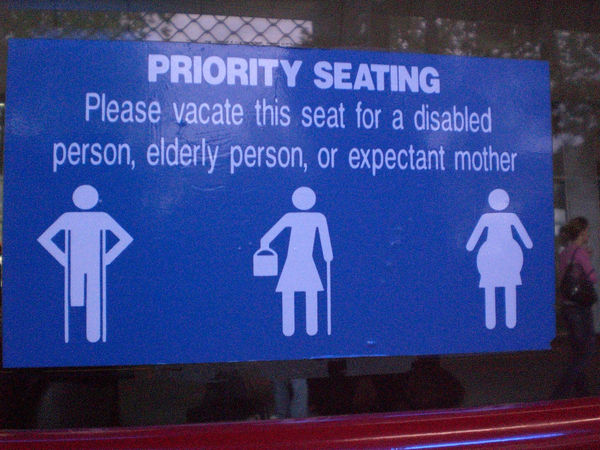You could argue that travel is an essential aspect of being human. It is a right. Because it is through travel that we truly experience the richness of global cultures, witness the wonderment and diversity of nature and accordingly, come to appreciate our place within this phenomenon of existence on Earth. But for those with a disability or chronic medical condition, travel is by no means as simple as merely booking the ticket and taking the ride. By all means, travel is entirely possible, but you must be both prepared and practical when journeying with a chronic condition or disability.

- Traveling with a Disabilityjosiejose / Foter.com / CC BY-NC-SA
Being Prepared
More than anything, you need to be prepared. And this means paying attention to your body signals when they occur. If your body is telling you that you need to take a little break, take one. You are presumably in a foreign country for the purpose of soaking up local culture anyway, so anytime should be the perfect time for a rest and a cup of tea. For those who cannot travel massive distances or for extended period, decide your priorities well in advance. If there are a few places that you really want to go, stick to these rather than trying to see everything. This will save your body whilst ensuring that you get a slightly richer appreciation of the places you visit.
Being Practical
Being practical means being realistic and pragmatic concerning your travel needs. Before you go anywhere of course, you will want to ensure that you are specifically covered for your disability or condition by a specialist travel insurance policy, such as one from Able2Travel. Next, be sure that any important medicines, medical documents (or anything pertaining to your condition that could be of use to others in the event of an emergency) is easily locatable. Naturally, you will want to inform your doctor prior to traveling and he or she will do doubt have some additional advice that relates more specifically to your condition. Finally, be adaptable. If something goes wrong or if you can’t visit all the places you initially wanted to, be sure to make the most of the journey!
Have Fun!
Of course, these advisories are purely in place to help you prepare for a worst case scenario. In reality though, provided you consult your doctor and stick firmly to his advice as well as the advice listed here, you should be able to enjoy long and fruitful periods of travel and discovery. Bon Voyage!

